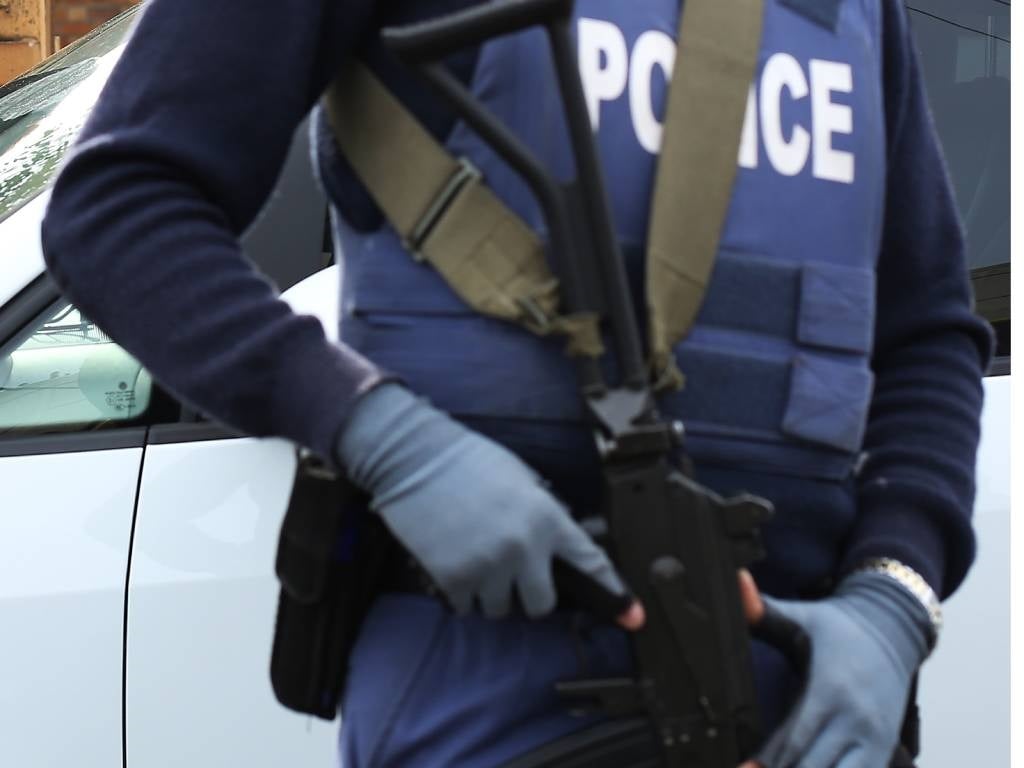
- Three men complained to the police that they were being falsely accused and threatened by a man accusing them of raping his girlfriend.
- Police arrested them after checking that a rape complaint was indeed recorded, although she later withdrew the case.
- They were in custody for two weeks and tried to claim R3 million in damages from the Minister of Police.
Three men falsely accused of a 2019 rape and kept in custody for two weeks before the charges were withdrawn, lost their claim for damages from the police.
In a judgment handed down in the Gauteng High Court in Pretoria last week, Judge Elmarie van der Schyff said the police had proved that the arrest was lawful, on a balance of probabilities.
She said the police did not have to first conduct a thorough investigation before a suspect may be arrested, and that the policeman who arrested them had enough grounds for the arrest.
The woman told Tsakane police on 4 August 2019 that three men kidnapped, then raped her on 28 July 2019. She named one of the men in her statement.
On 6 August 2019, three men walked into the Tsakane police station's charge office and complained to a different officer that they were being harassed and threatened with violence by a man.
The policeman took them to the house where the man lived, not knowing about the rape complaint.
They found the man accused of harassing them, with a woman.
READ | KZN woman arrested for false rape accusations
The woman told the policeman she had reported that she was raped, and gave the policeman the reference number. One of the three men was named in her statement as one of her assailants.
The three were arrested. The suspects first appeared in court on 8 August and were kept in custody while they organised lawyers for themselves and waited for their bail application to be heard.
On 16 August, they returned to court, and the matter was postponed again to 21 August. A medical examination had already been conducted on the woman, and although no injuries were noted, the report said penetration might be possible.
However, on 18 August, the woman made another statement to say she had laid false charges against the three.
The prosecutor was informed of this development, but because it would take at least two days to requisition the three men from custody to get them to court to withdraw the case, the three were kept in jail until their next appearance.
On 21 August, the case against them was officially withdrawn. After that, the three sued the Minister of Police for R3 million in damages but lost, with costs for two counsel.
The policeman who came into the picture when the three complained about being harassed by the woman's boyfriend told the court during the damages claim case that rape is a serious offence.
So, if a complainant points out a rape suspect, he arrests them. He said the woman had pointed them out and he reasonably believed it was them.
The policeman who took the woman's first statement said he carried 50 case dockets and had not been able to do a thorough investigation yet.
Van der Schyff said the Criminal Procedure Act (CPA) states that a peace officer may, without a warrant, arrest any person ''whom he reasonably suspects of having committed an offence" referred to in Schedule 1.
She said that the rape in question fell within Schedule 6 of the CPA, because she said there were three assailants, and the onus was higher on the three men to prove why they should be granted bail.
She cited a Supreme Court of Appeal case against the Minister of Police, which found that the suspicion in question need not be based on information that would subsequently be admissible in a court of law.
Van der Schyff said:
She added that the policeman who arrested them did so because the woman identified them as her assailants, and she had a reference number to verify that a rape case was opened. So, the judge found that this was enough to establish reasonable suspicion.
Van der Schyff said violence against women and children in South Africa was endemic and she could find no fault with the way the police handled the case. She dismissed the claim.
We want to hear your views on the news. Subscribe to News24 to be part of the conversation in the comments section of this article.

